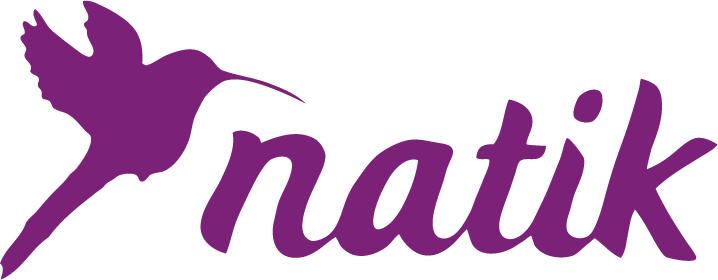Contribute to
Sustainable Livelihoods
Sustainable Livelihoods make all the difference in areas of poverty and marginalization.
Natik and our partners know that having an independent income is key to sustainability.
Natik and our partners know that once the excitement and practical knowledge derived from startups has been experienced firsthand, a return to an attitude of victimhood, surrender and defeat is highly unlikely.
Therefore, opportunities to engage in micro enterprises are a powerful counterbalance to economic marginalization, even when the activity might seem inconsequential and the income is minuscule when perceived from outside the community.
It’s all in the attitude. People who believe in themselves and in their capacity to generate a dignified, locally-based income for themselves and their families are less likely to be dominated through intimidation.
Communities that aren’t easily intimidated have the power to transform economic marginalization into economic opportunity — with or without the help of outsiders.
For organizations, mission-related revenues contribute to overhead, model the can-do attitude of entrepreneurial ingenuity, and generate income for people in the community.
For that reason, Natik partners have been encouraged to explore income-generating ventures that utilize locally-sourced talents, skills, and materials.
In rural areas, entrepreneurial ventures that tap local talent, skills, and materials are generally related to labor-intensive agricultural and artisan work.
Entrepreneurial ingenuity is a powerful counterbalance to economic marginalization.
One of the consequences of generations of economic marginalization (poverty) is a pervasive undercurrent of hopelessness; of feeling trapped in a system that is beyond the capacity of individuals to change.
This culturally internalized sense of despair and resignation is an invisible barrier to finding foundational sustainable solutions to the normal challenges that all communities must confront, like education, health, sustainable livelihoods, potable water, public safety, and so on.
For that reason, the sense of confidence inspired by the hard work and creative problem-solving of income-generating ventures is as valuable as the income.
Even failed entrepreneurial ventures offer valuable lessons — which can be applied to situations and opportunities for the rest of people’s lives.
Natik’s Sustainable Livelihood programs provide:
Support for Formal Education
Collaborative Problem-solving
Local Leadership Development
Accompaniment and Mentoring
Practical Experience
Women’s Empowerment











